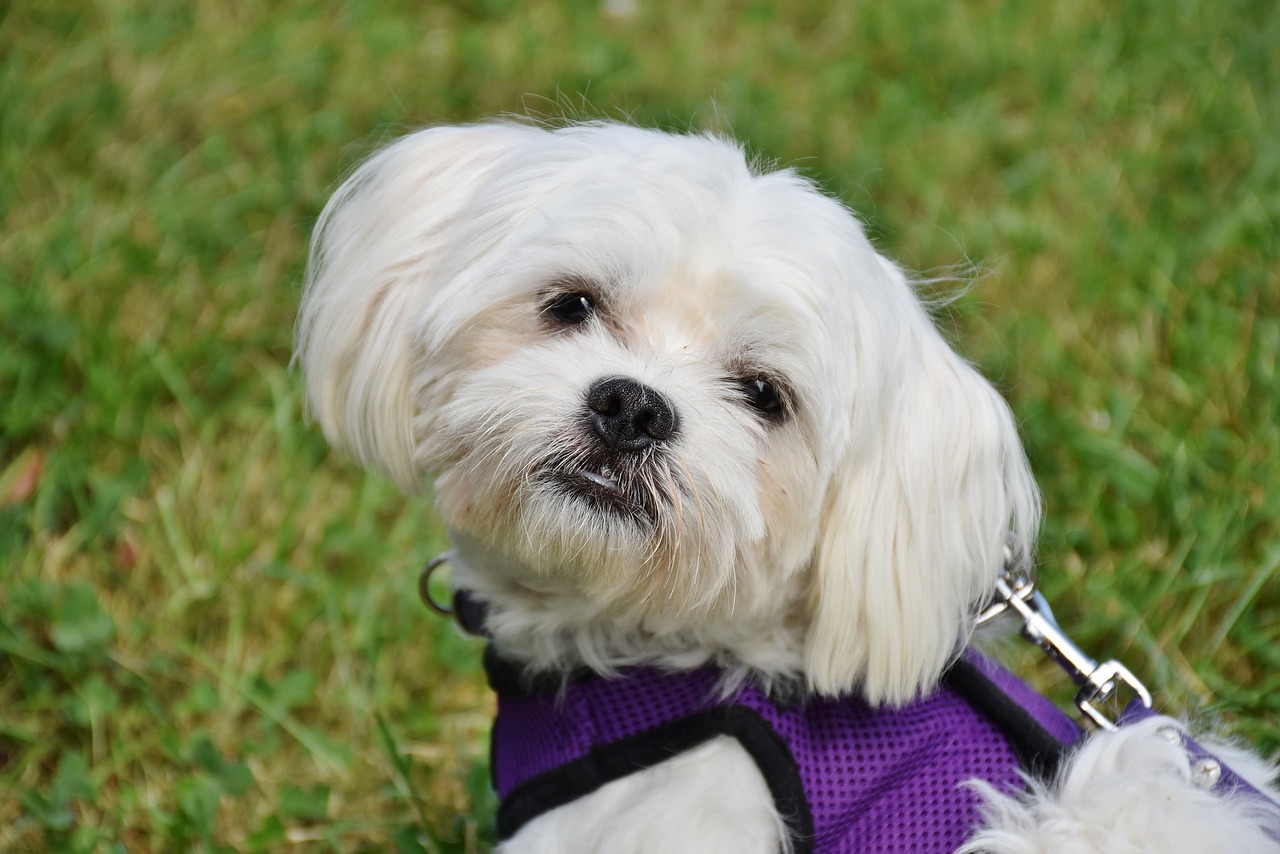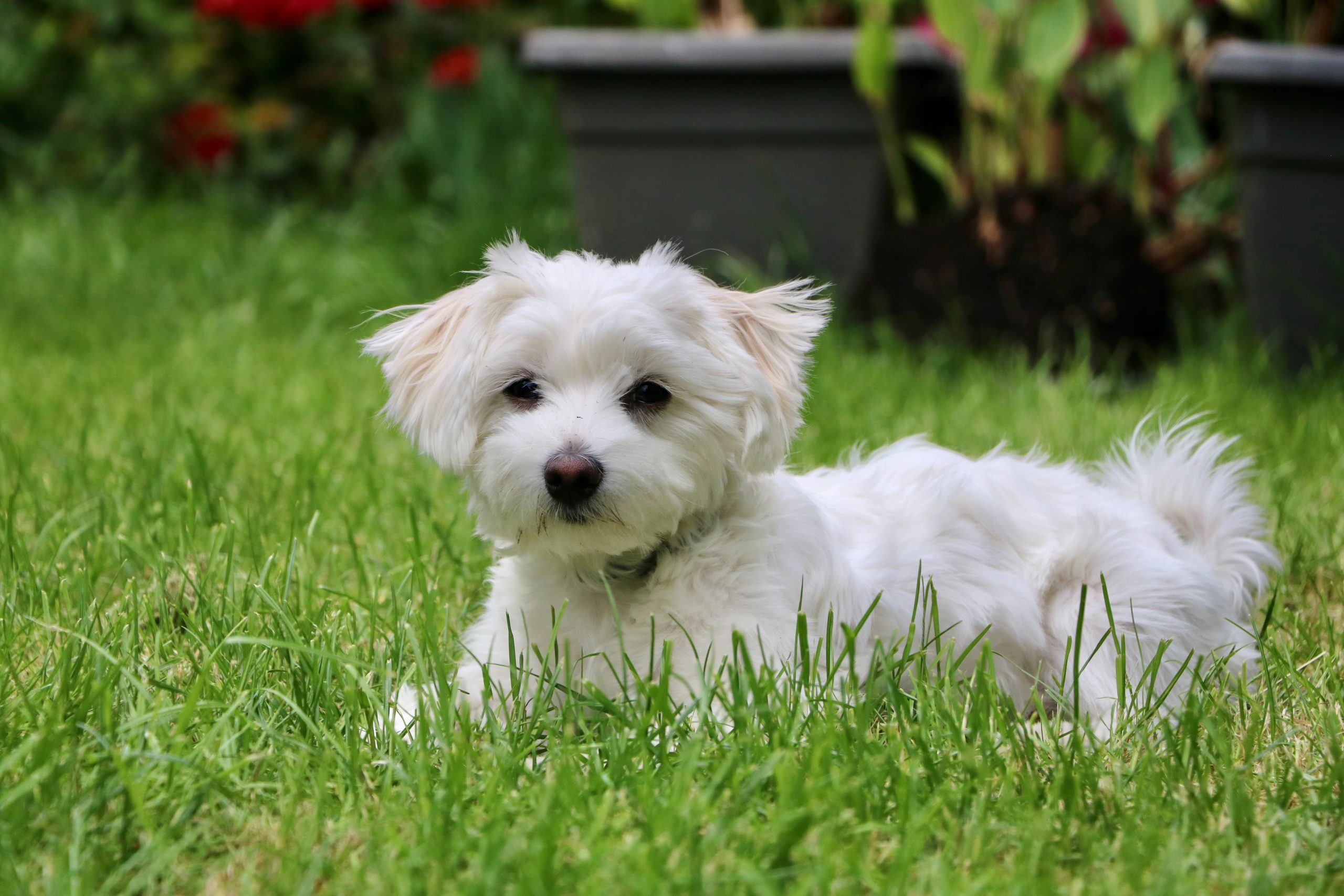Known for their luxurious white coats and endearing personalities, the Maltese is a breed that has captured hearts worldwide. While their appearance exudes elegance, it’s their character that truly stands out. This article delves into the depths of the Maltese temperament, offering insights into what makes these dogs so unique and cherished.
1. The Embodiment of Affection
At the heart of a Maltese lies an ocean of affection. They form deep, unbreakable bonds with their owners, becoming true companions in every sense. This inherent love for their human counterparts means they thrive on companionship, often following their owners around like little shadows.
2. Intelligence and Alertness
Underestimating a Maltese based on their size would be a mistake. They are quick-witted, alert, and keenly observant. Their intelligence facilitates training, but also means they need mental stimulation. Puzzle toys, training sessions, and interactive play are essential to keep their minds sharp.
3. Loyal Protectors in Small Packages
Despite their diminutive size, Maltese are incredibly loyal and can be quite protective of their loved ones. While they aren’t typical guard dogs, they won’t hesitate to alert their owners to anything amiss with their sharp, persistent barks.
4. An Adaptable Nature
The Maltese, while enjoying a consistent routine, are quite adaptable. Whether living in an apartment in a bustling city or a house in the countryside, they can thrive. Their primary need? The loving presence of their owner.
5. Playfulness Abounds
While they love a good snuggle session, Maltese are also playful and energetic. Engaging in games, chasing toys, or simply romping around, their playful nature ensures there’s never a dull moment when they’re around.
6. Sensitivity and Empathy
One of the more profound traits of the Maltese is their emotional sensitivity. They can pick up on the moods of their owners, offering comfort during tough times or sharing in moments of joy. However, this sensitivity also means they might not fare well in tumultuous or high-stress environments.
7. The Independent Streak
While they adore companionship, Maltese dogs also showcase a dash of independence. They are content exploring on their own or entertaining themselves with a toy, demonstrating a balanced temperament.
8. Social Butterflies with a Hint of Reservation
Maltese dogs are generally sociable, enjoying the company of both humans and other pets. However, without early and consistent socialization, they can become reserved or shy around strangers. Socialization from a young age is key to nurturing their outgoing nature.
The Maltese, with their blend of affection, intelligence, and loyalty, offer an array of joys and challenges. They are not just lap dogs but companions with a rich, multifaceted personality. By understanding the core of their temperament, one can foster a bond with a Maltese that is deeply rewarding and stands the test of time.
How Does a Male Maltese Temperament Compare to a Female Maltese?
Male Maltese Traits:
1. Social and Outgoing
Male Maltese dogs tend to be more social and outgoing. They usually enjoy being the center of attention and actively engage with both their human family members and other pets. This sociability often makes them great companions for families and singles alike.
2. Consistent Affection
Males typically display consistent levels of affection towards their owners. They’re known for their loyalty and often form strong attachments to all family members, making them excellent companions.
3. Territorial Instincts
While the Maltese breed is not particularly territorial, male dogs might exhibit slightly more territorial behaviors than females, especially if not neutered. Early training and socialization are essential to manage these tendencies.
Female Maltese Traits:
1. Independent and Reserved
Female Maltese dogs often have an independent streak. While they are equally affectionate and loyal, they might not seek attention as constantly as males. This independence can be beneficial for owners who appreciate a dog that can entertain itself at times.
2. Selective Attachment
Females may form a particularly strong bond with one family member, often displaying a deep sense of loyalty and protectiveness towards their chosen person. This selective attachment can result in a unique and special bond.
3. Sensitivity
Female Maltese tend to be sensitive and may require a calm and stable environment. They respond well to gentle handling and might be more perceptive to changes in the household or their owner’s mood.
Whether you choose a male or female Maltese, understanding the subtle temperament differences between the genders is essential. While males are often more outgoing and consistently affectionate, females may offer a balance of independence and loyalty. Each dog’s individual personality and the bond you share with them should ultimately guide your decision, ensuring a harmonious and joyful relationship with your new furry friend.
Frequently Asked Questions about a Maltese‘s Temperament and Personality

- How affectionate are Maltese dogs?
- Maltese dogs are extremely affectionate and form close bonds with their owners. They love cuddling and being near their human family, making them excellent companions.
- Are Maltese good with children?
- While Maltese are generally friendly, their small size makes them fragile. They are better suited to families with older children who understand how to handle them gently.
- Do Maltese get along with other pets?
- They usually get along well with other animals, especially if socialized early. However, their small size should be considered when interacting with larger pets to prevent accidents.
- How intelligent are Maltese dogs?
- Maltese are intelligent dogs that pick up commands and tricks quickly. However, consistent training is essential to curb their stubborn streak.
- Can Maltese adapt to apartment living?
- Their small size and moderate energy level make them ideal for apartment living, as long as they receive daily exercise and mental stimulation.
- Are Maltese dogs vocal?
- They can be quite vocal and may bark at unfamiliar sounds or people. Training and socialization can help manage their vocal tendencies.
- Do Maltese have separation anxiety?
- Maltese often form strong bonds with their owners, which can lead to separation anxiety. It’s essential to gradually acclimate them to short periods alone.
- Are they easy to train?
- Their intelligence makes them relatively easy to train, but consistency is key due to their occasionally stubborn nature.
- How much exercise do the Maltese need?
- While not overly energetic, Maltese require daily exercise to stay healthy and happy. A combination of short walks and playtime usually suffices.
- Can Maltese be left alone for long periods?
- It’s not advisable, as they crave human companionship. Extended periods alone can lead to stress and anxiety.
- Are Maltese hypoallergenic?
- Yes, their hair-like coat is considered hypoallergenic, making them a good choice for individuals with allergies.
- Do they make good therapy or emotional support animals?
- Their empathetic and affectionate nature makes Maltese excellent therapy or emotional support animals.
- Are Maltese good for first-time dog owners?
- Their manageable size and trainable nature make them a good option for first-time dog owners, provided they commit to training and socialization.
- How is their temperament with strangers?
- Maltese can be reserved or slightly aloof with strangers but aren’t typically aggressive. Early socialization can promote friendlier interactions.
- Are they known to be stubborn or independent?
- While generally eager to please, Maltese can display moments of stubbornness. Consistent training and positive reinforcement are essential in managing this trait.
What Kind of Person Is a Good Fit for a Maltese?

Choosing a breed that aligns with your lifestyle and personality is crucial when bringing a dog into your home. Maltese are affectionate, intelligent, and adaptable dogs, making them suitable for various owners.
1. Families with Older Children
Maltese thrive in households with older children who understand how to handle dogs gently and respectfully. Their small size makes them delicate, and older children are usually more capable of engaging with them carefully.
2. Singles and Couples
For single individuals or couples looking for a loyal and loving companion, a Maltese is an excellent choice. They form strong bonds with their owners and offer affection and company, making them great pets for those living alone or with a partner.
3. Seniors and Retirees
Due to their manageable size and moderate exercise needs, Maltese are fantastic companions for seniors. Their loving and comforting presence can provide emotional support, and their care routine is not overly demanding.
4. Apartment Dwellers
Maltese are adaptable to apartment living due to their small stature. As long as they receive adequate exercise and mental stimulation, they can live happily in smaller spaces.
5. Allergy Sufferers
Individuals with allergies often do well with Maltese because of their hypoallergenic coats. They shed minimally, making them a suitable option for those sensitive to pet dander.
6. Experienced Dog Owners
While they’re suitable for first-time owners, people with experience in dog ownership and training might find it easier to navigate the Maltese’s intelligence and occasional stubbornness.
7. Active Individuals Seeking a Small Dog
For those who want an active small dog, Maltese is ideal. They enjoy short walks and play sessions and can be quite energetic and playful, despite their size.
Maltese can be the perfect addition to various households due to their loving and adaptable nature. Whether you’re a senior, a single individual, or a family with older children, this breed can provide companionship, joy, and loyalty. Understanding the characteristics and needs of Maltese ensures that you can provide a loving home that meets their requirements, resulting in a happy and fulfilling relationship for both pet and owner.
 Toledo, United States.
Toledo, United States.